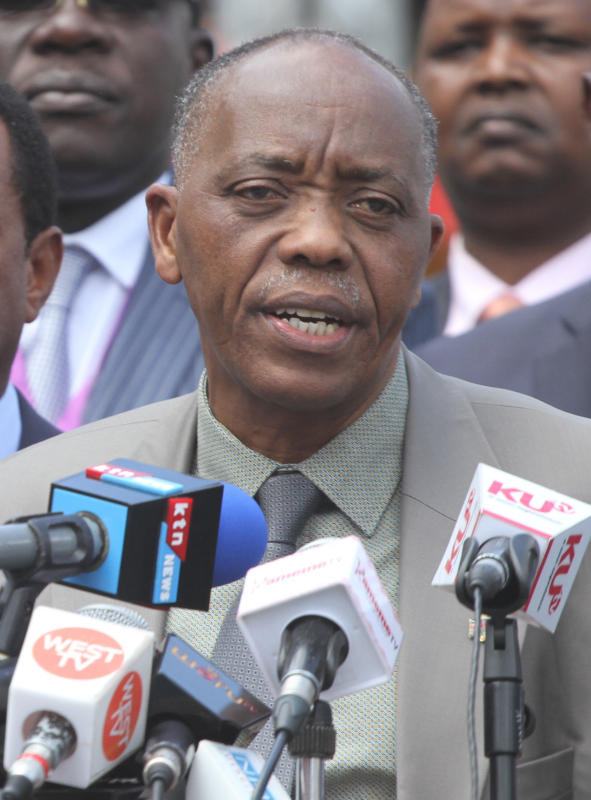×
The Standard e-Paper
Join Thousands Daily

NAIROBI, KENYA: Barely one month after the Government announced austerity measures, it is now seeking to limit officials’ trips abroad.
Head of Public Service Joseph Kinyua has introduced measures that will cap the number of foreign trips by Cabinet secretaries, principal secretaries and heads of parastatals.